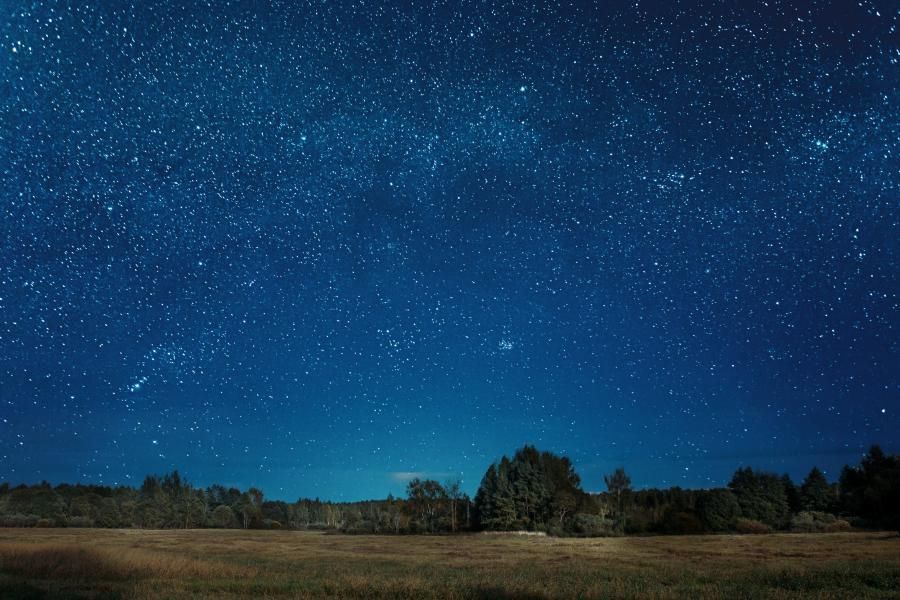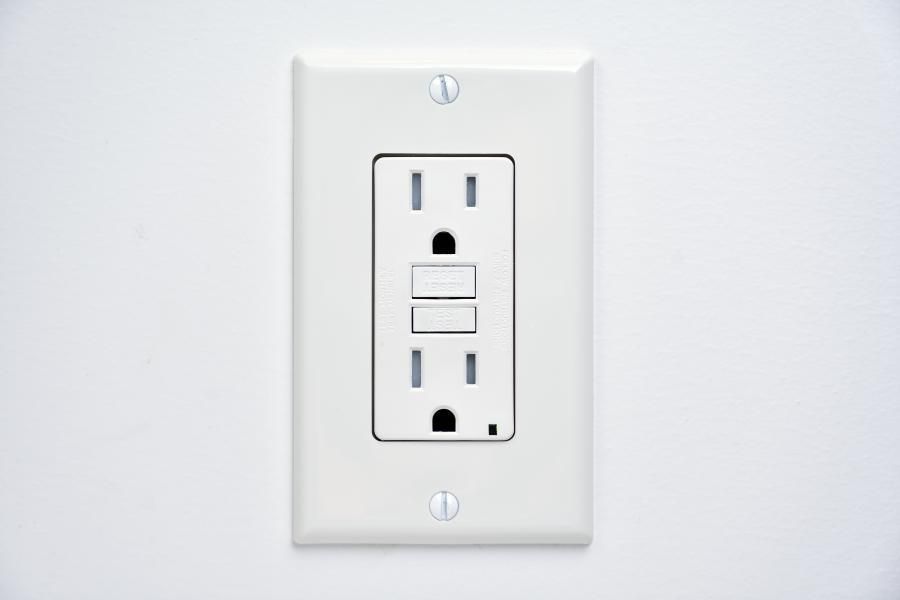
Be a Solution to Light Pollution
There is one type of pollution that many people over look. It has harmful affects on humans, wildlife, energy consumption, and our pocket books. What is it? The answer is light pollution. With a growing population it is blasting out of control and changing the world that we once knew. In some cities you only make out about ten stars in the night sky.
Light pollution is excessive, misdirected, and intrusive lighting at night. It is the light from your neighbor's new street light, and the light that shines from parking lots and abandoned businesses. It isn't just a nuisance for our eyes it affects the life cycles of plants and animals all around us. Some animals get confused on whether it is night or day, which is detrimental on their sleeping, eating, and mating habits. Light pollution also is thought to negatively affect our health and leave us more vulnerable to illness and disease.
According to the International Dark Sky Association, an estimated 30% of outdoor light is wasted shinning straight up up into the sky. Based on this number, it is estimated that in the United States alone 22,000 gigawatt-hours a year are wasted. At a conservative average of $.10 per kilowatt-hour, the cost of that wasted energy is $2.2 billion a year – enough to annually fund a new mission to Mars. In other terms, 3.6 tons of coal or 12.9 million barrels of oil are wasted every year to produce this lost light.
Why do we need to light the sky when we need it on the ground?
There are many simple ways we can all be part of the solution and reduce this type of pollution.
- Turn off unneeded lights inside and outside your home.
- Use only the light you need
- Install dimmers, timers and sensors for unoccupied areas
- Use lamps that shine the light down and not up on street and security lighting (here's a helpful link)
- Being dark sky friendly doesn't mean you don't use lights, it means using the lights in a smarter and more efficient way.



